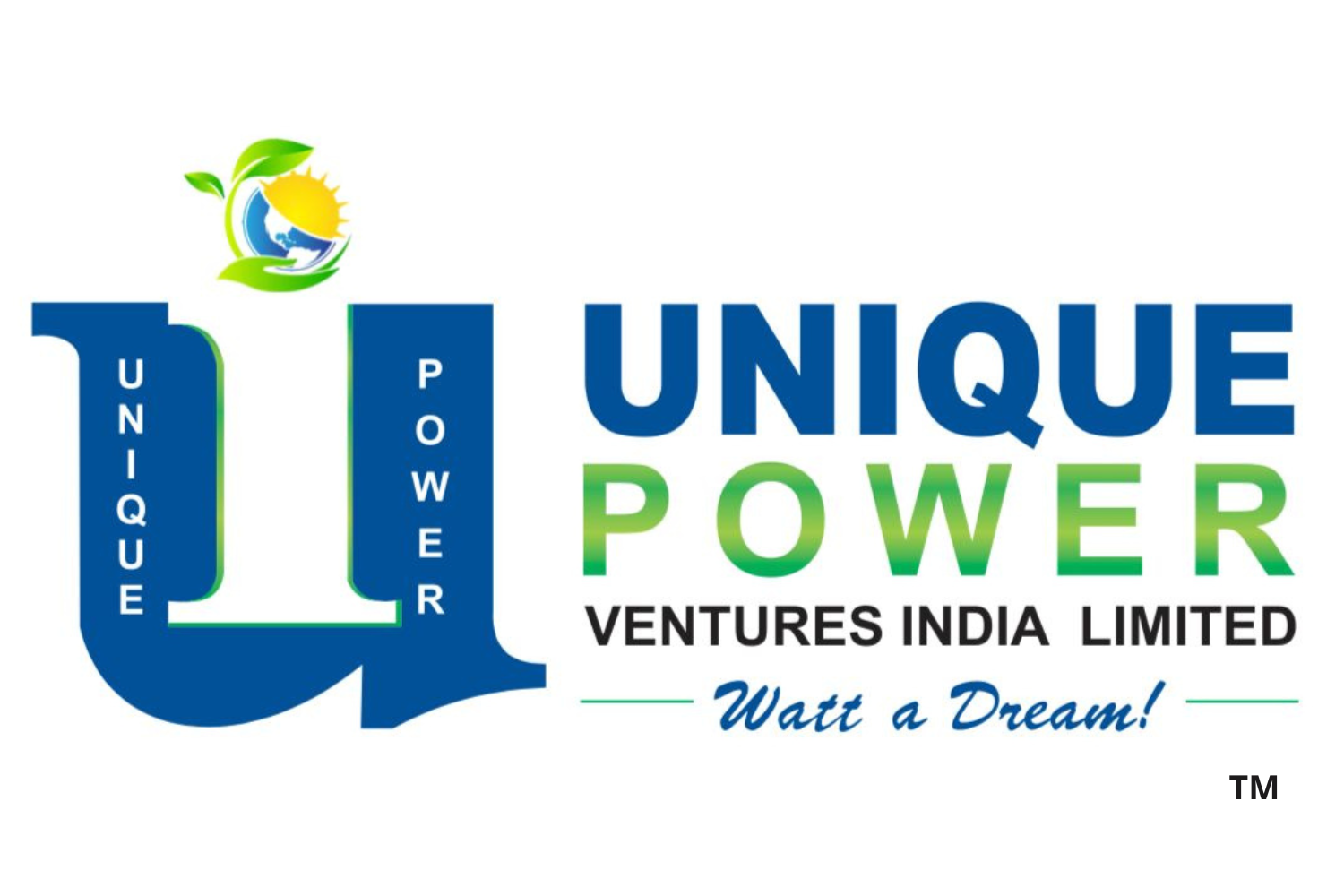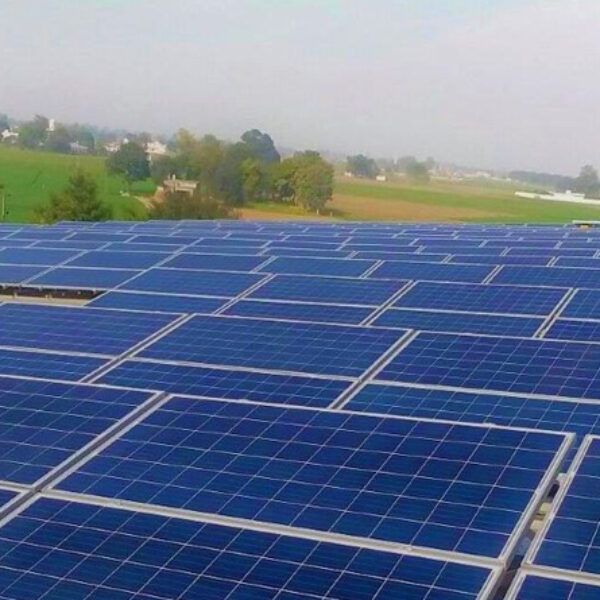The progress made in solar technology since the 1950s has been remarkable, and it is now commonly regarded as one of the most encouraging forms of renewable energy. As a sustainable and eco-friendly energy source, solar power can revolutionize how we generate power for our households, enterprises, and urban centers. This piece will investigate the latest advancements in solar energy technology and scrutinize their impact on the renewable energy sector.

The latest advances in solar energy technology and how they are revolutionizing the renewable energy industry
What is solar energy technology & its potential benefits?
Solar energy technology refers to using energy from the sun to generate electricity. It is a renewable energy source, meaning it will never run out. The potential benefits of solar energy technology include reduced greenhouse gas emissions, reduced reliance on fossil fuels, and reduced energy costs.
Types of solar technologies and their pros & cons
Two primary types of solar technology exist photovoltaic and concentrated solar power systems. Photovoltaic technology utilises solar cells to transform sunlight into electricity, while concentrated solar power systems concentrate sunlight onto a receiver using mirrors or lenses to generate electricity.
The benefits of photovoltaic technology include its simplicity in installation and maintenance and its applicability to both small and large scales. However, its disadvantages include high production costs and the need for considerable space to produce substantial electricity.
The pros of concentrated solar power systems are that they can generate large amounts of electricity and be used to produce electricity even when the sun is not shining. However, the cons of concentrated solar power systems are that they are expensive to produce and maintain and require much space to generate significant amounts of electricity.
The impact of recent developments in solar technologies on the renewable energy market
Recent developments in solar technologies, such as thin film solar cell technology, have made solar energy more cost-effective and sustainable. Thin film solar cell technology uses less material than traditional solar cells, making it more affordable. It also has the potential to be integrated into building materials, which could make solar energy more accessible to consumers.
These advancements in solar technology have significantly impacted the renewable energy market. They have made it more affordable for consumers to adopt renewable energy solutions, increasing demand for solar panels and other technologies. This, in turn, has led to more investment in renewable energy and a shift towards a more sustainable, clean energy future.

Image source:irena
How government policies are driving the advancement of solar technology
Government policies, such as incentives for solar panels and subsidies for renewable energies, have been instrumental in driving the advancement of solar technology. These policies have made investing in renewable energy solutions more financially feasible for businesses and individuals.
Governments worldwide are also setting ambitious renewable energy targets, which drive investment in solar technology and other renewable energy solutions. This, in turn, is creating a more competitive market for solar technology, driving innovation and improving the efficiency and affordability of solar energy solutions.
How can businesses benefit from investing in new solar technologies?
Businesses can benefit from investing in new solar technologies in several ways. Firstly, they can reduce their energy costs by generating their electricity. Secondly, they can improve their sustainability credentials by adopting renewable energy solutions. This can help businesses to attract customers who are concerned about the environmental impact of their purchases.
Investing in renewable energies can also create new business opportunities for companies in the renewable energy sector as demand for renewable energy solutions grows.
Conclusion
In conclusion, solar energy technology has come a long way in the past few decades. Recent Advancements in solar technologies have made them more cost-effective and sustainable, driving the growth of the renewable energy market. Government policies and targets have also significantly driven investment in solar technology and other renewable energy solutions. Businesses can benefit from investing in new solar technologies by reducing energy costs, improving sustainability credentials, and creating new business opportunities.
As we move towards a more sustainable, clean energy future, solar energy technology will undoubtedly play a critical role in achieving this goal. Continued investment in solar technology and other renewable energy solutions is necessary to ensure that we can transition to a more sustainable energy system that benefits both the environment and society.





